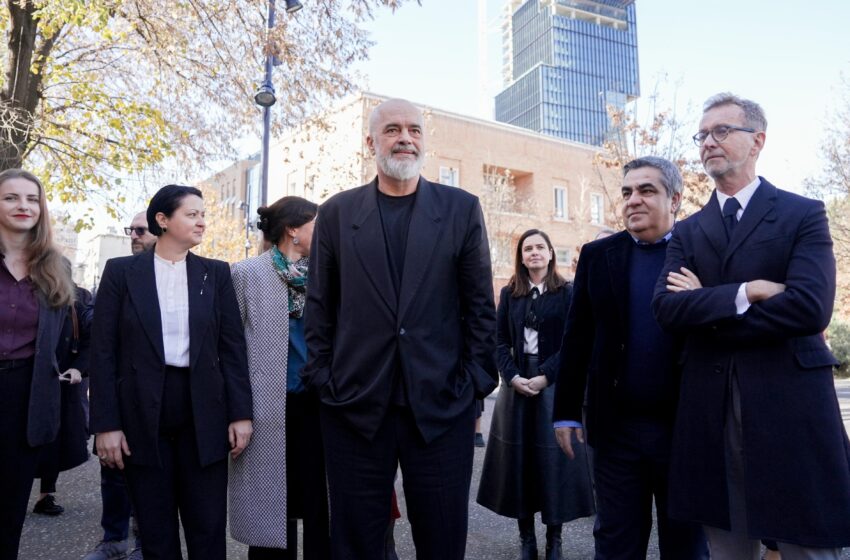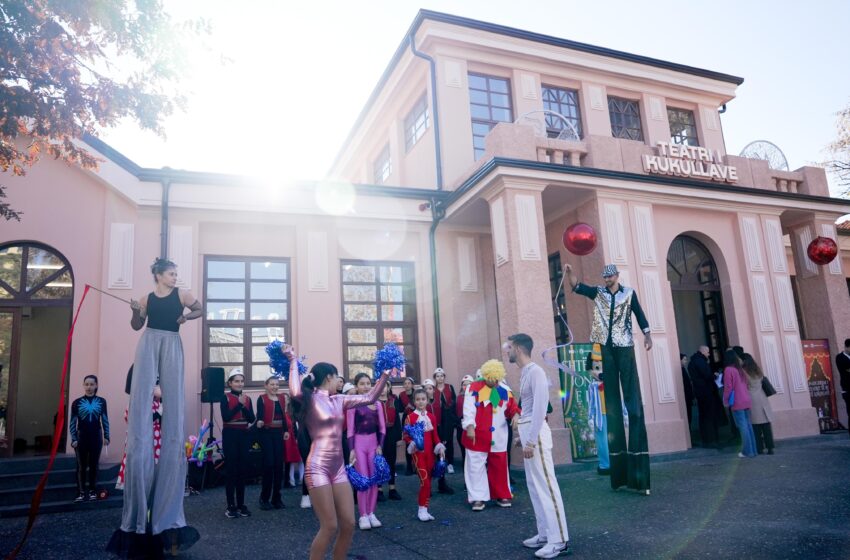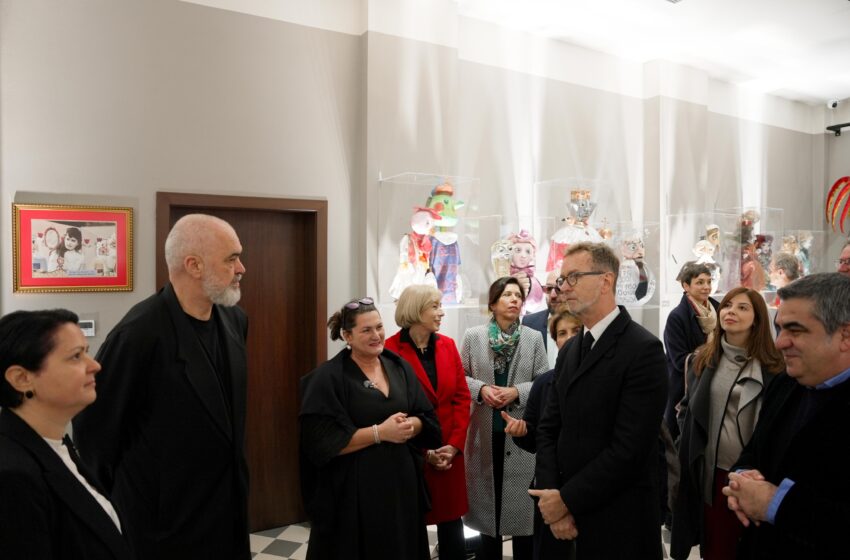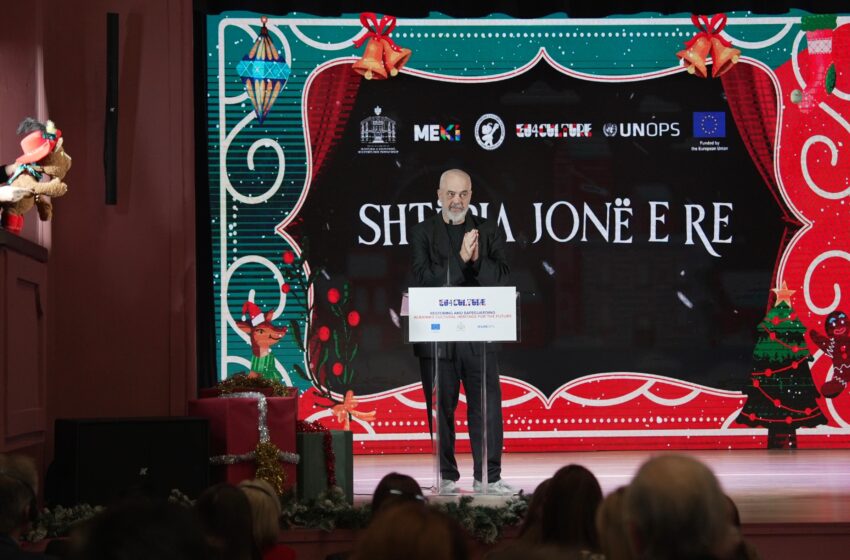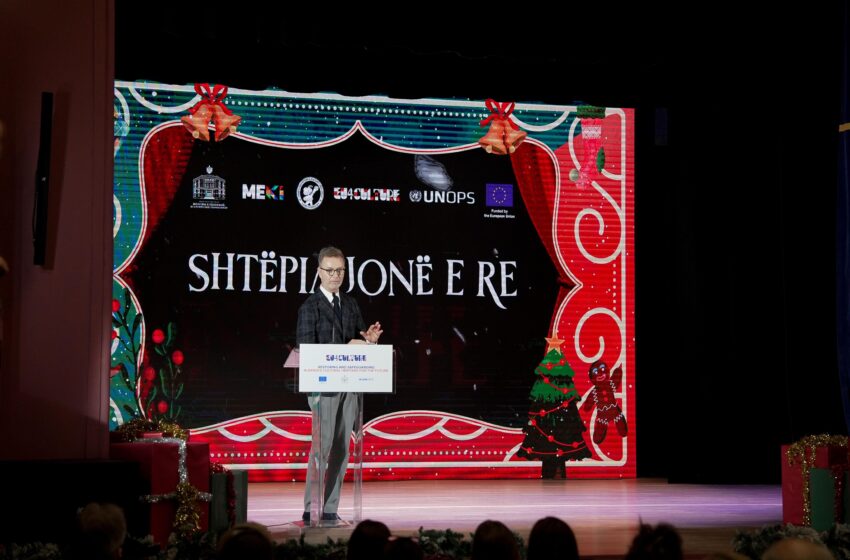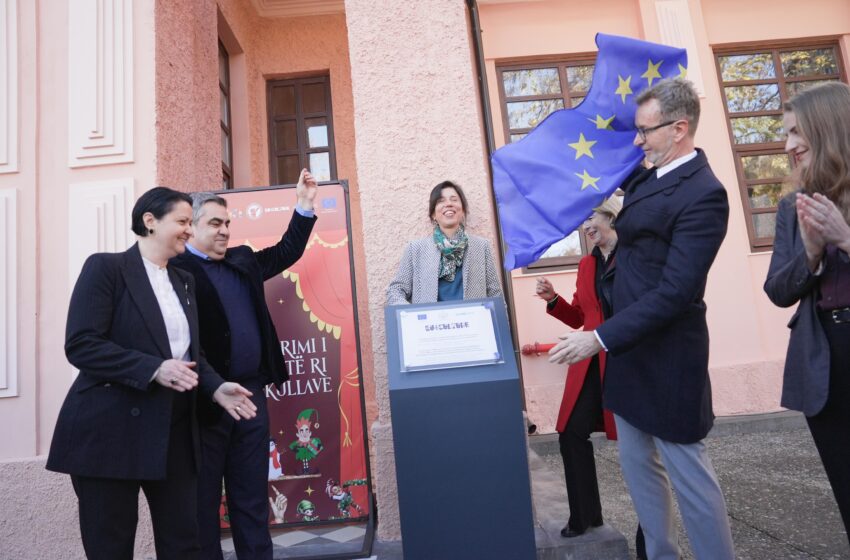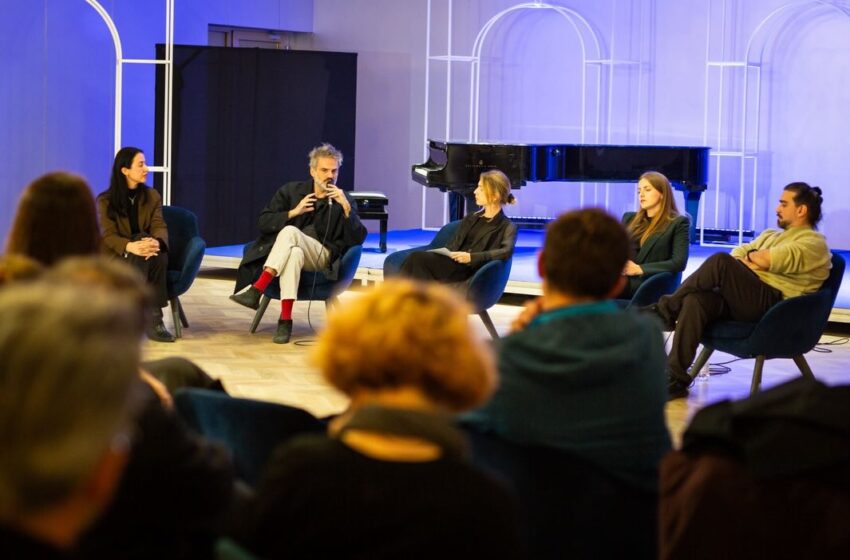Puppet Theatre reopens after two years of restoration
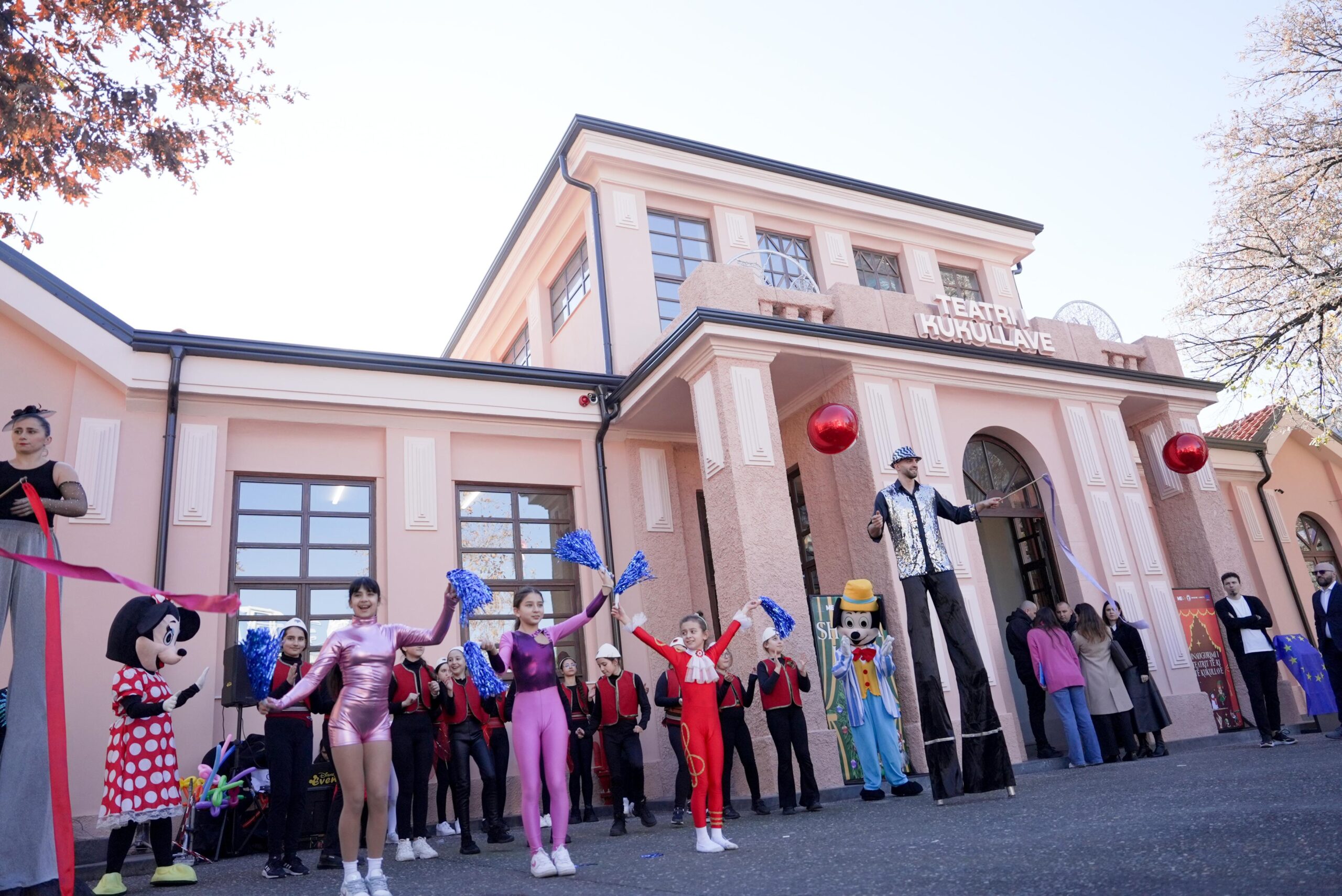
Tirana’s Puppet Theatre has reopened after two years of restoration work. The revamped historic building now meets modern standards for audio-visual performances, featuring a multifunctional stage and auditorium equipped with advanced technology. The €2.4 million restoration project was part of a broader €40 million European Union program to rehabilitate 27 art and cultural sites damaged by the 2019 earthquake.
Why is this important: The Puppet Theatre holds deep historical and cultural significance. Originally the building served as Albania’s first parliament in 1924. The building has been a cultural institution for children since 1960, offering theatrical performances that educate and entertain. Its restoration preserves the historic identity of the structure while providing a modernized space that ensures its legacy for future generations.
Context: The reopening was marked by an inaugural ceremony attended by Prime Minister Edi Rama, who used the occasion to reflect on the political tensions dominating Albania’s current parliamentary sessions. He jokingly advised children to view politicians as puppets best kept at a distance, a commentary on the often heated and chaotic nature of Albanian political debates.
The building’s upgrades include a modern stage, a puppet museum, and spaces that cater to all technical and artistic needs. Despite the updates, the historical character of the building remains intact. The reopening also featured a performance of Puss in Boots, with a premiere scheduled for December 20 in the upgraded facility.
The Puppet Theatre’s restoration is part of a larger effort to enhance Albania’s cultural infrastructure, drawing attention to the value of preserving historical sites while making them relevant to contemporary audiences.
What’s next: The Puppet Theatre brings back a much-loved institution. It is expected to serve as both a cultural landmark and an educational tool for children, fostering creativity and learning through modernized theatrical performances. Its revival also underscores Albania’s commitment to preserving its cultural heritage while adapting to modern standards, potentially boosting the country’s cultural tourism sector.
